Masaki Kobayashi’s The Human Condition Trilogy (Ningen no joken): No Greater Love (1959), Road to Eternity (1959), A Soldier’s Prayer (1961) 4 x DVD Criterion Collection, 3 x Blu-Ray Arrow Academy
on May 7th, 2018 at 16:27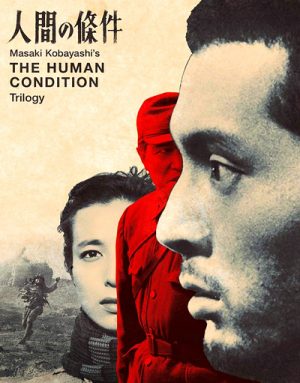 Masaki Kobayashi's mammoth humanist drama is one of the most staggering achievements of Japanese cinema. Originally filmed and released in three parts, the nine-and-a-half-hour The Human Condition, adapted from Junpei Gomikawa’s six-volume novel, tells of the journey of the well-intentioned yet naive Kaji (handsome Japanese superstar Tatsuya Nakadai) from labor camp supervisor to Imperial Army soldier to Soviet POW. Constantly trying to rise above a corrupt system, Kaji time and again finds his morals an impediment rather than an advantage. A raw indictment of its nation’s wartime mentality as well as a personal existential tragedy, Kobayashi’s riveting, gorgeously filmed epic is novelistic cinema at its best.
Masaki Kobayashi's mammoth humanist drama is one of the most staggering achievements of Japanese cinema. Originally filmed and released in three parts, the nine-and-a-half-hour The Human Condition, adapted from Junpei Gomikawa’s six-volume novel, tells of the journey of the well-intentioned yet naive Kaji (handsome Japanese superstar Tatsuya Nakadai) from labor camp supervisor to Imperial Army soldier to Soviet POW. Constantly trying to rise above a corrupt system, Kaji time and again finds his morals an impediment rather than an advantage. A raw indictment of its nation’s wartime mentality as well as a personal existential tragedy, Kobayashi’s riveting, gorgeously filmed epic is novelistic cinema at its best.
While the film earned considerable controversy at the time of its release in Japan, The Human Condition was critically acclaimed, won several international awards, and established Masaki Kobayashi as one of the most important Japanese directors of the generation.
The British film critic David Shipman described the trilogy in his 1983 book, The Story of Cinema, as "unquestionably the greatest film ever made." In his review for The New York Times in 2008, A.O. Scott declared that "Kobayashi's monumental film can clarify and enrich your understanding of what it is to be alive."

Director: Masaki Kobayashi
Cast: Tatsuya Nakadai, Michiyo Aratama, Chikage Awashima, Kokinji Katsura, Tamao Nakamura
Country: Japan
Genre: Drama, History, War
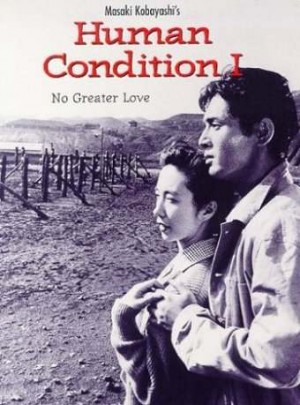
Masaki Kobayashi directed this acclaimed black and white trilogy, about how one man tried to remain true to his ideals amid the horrors of WWII. The Human Condition I: No Greater Love opens in 1943 and introduces Kaji (Tatsuya Nakadai), a young man waiting to be called up for the armed forces. He is given a chance to bypass military service by going, with his wife Michiko (Michiyo Aratama), to the tiny Manchurian village of Loh Hu Liong. There, he will supervise ore mining operations that use locals as the labor force. While Kaji sets about reforming the system, the army transfers several hundred Chinese prisoners-of-war to aid in the work, a situation that causes Kaji further hardship as he feels compelled to try and better their situation and protect them from the sadistic supervisors. Additional complications arise when 11 prisoners manage to escape and, inevitably, cracks quickly begin to appear in Kaji's resolve. His underling, Okishima (So Yamamura), who initially believed in Kaji's goals, soon resorts to brute force, and the situation finally reaches a crossroads when seven prisoners are falsely accused of attempted escape and sentenced to death.

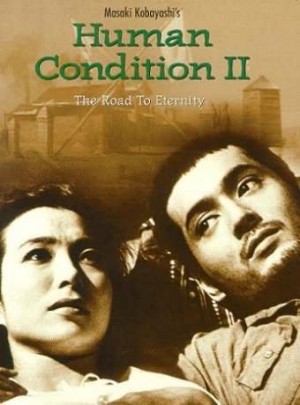
The Human Condition II: Road to Eternity finds Kaji inducted into the army and stationed in a particularly desolate region of Manchuria. A surprise visit from Michiko helps him cope with the abuse regularly dished out by the officers and some of his fellow soldiers. When one of his fellow outcasts (Kumie Tanaka) cracks from the pressure, Kaji demands that action be taken against his immediate superior. Incredibly, this seemingly suicidal act results in a promotion! The tide has clearly begun to turn against Japan in the war and Kaji agrees to accept the new rank on the condition that he be allowed to supervise the new recruits (largely made up of men in their 40s) to ensure that they receive humane treatment. However, while Kaji's methods protect his men, the rank structure is beginning to break down and veterans take out their anger and frustration on him. With no recourse at his disposal (his commander fears that the veterans will desert him under fire, if he acts against them), Kaji endures frequent beatings and humiliation. Finally, he and his men are sent to the front in a desperate, last-ditch attempt to stop the advancing Russian forces.

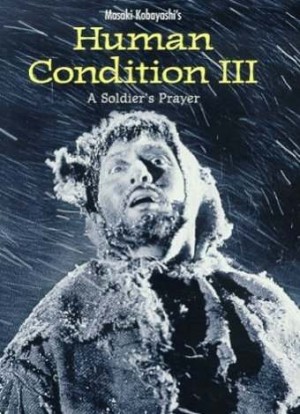
The Human Condition III: A Soldier's Prayer finds Kaji, a few fellow soldiers, and some civilian stragglers trekking through unknown territory in search of food and news about the war. Facing constant threat of death from vengeance-seeking Manchurians, Kaji's cynicism grows as he watches his men engage in acts little better than the atrocities committed by the enemy. The solders eventually meet up with a group of women, who want the men to lay down their arms and become refugees like them, but, before that can happen, Russian troops arrive and they are taken prisoner. The location and situation have changed but once again, Kaji (click here for still) finds himself battling to preserve both his life and the lives of his fellow enlisted men, who are at the mercy of their own officers (who are eager to retain their privileged status by keeping the Russians appeased). When he is denounced by one of them as a saboteur, Kaji finds himself trying to plead his innocence through a translator who cannot be bothered to convey the true meaning of his words.

A moving epic that shows how war can extinguish even the most forceful of a man's convictions, and a far more pragmatic depiction of a Japanese soldier's experiences than what is commonly found in western features, HUMAN CONDITION is anchored by Tatsuya Nakadai's superb characterization. While the script and direction are subtle and thoughtful, it is largely to Nakadai's credit that we continue to feel for the character and his ideals, in spite of the great indignities heaped upon him at every turn. The actor superbly conveys the gradual change in Kaji's outlook and demeanor, over the course of the three features, and, as Kaji's ideals slowly die, so does the viewer's faith in humanity. Throughout each part, director Kobayashi conveys, with silence and arresting imagery, degrees of emotion that many Western movies would be unable to match, unless they relied on bombastic music and pronounced foley FX. Bruce Eder's liner notes reveal that the films were adapted from a novel by Jumpei Gomikawa and Kobayashi also imbued them with much of his own personal experience, having also served in Manchuria and shared Kaji's personal philosophy. Warning: do not read the synopsis for part III before you have watched the film.

The Human Condition Trilogy (1959 - 1961) Criterion Collection
~~~
3xDVD9 + DVD5 | NTSC 16:9 | 03:26:26 + 02:57:59 + 03:10:19 | 25.7 Gb + 3% rec
Language: Japanese
Subtitles: English
Extras:
DISC FOUR
* Excerpt from a rare Directors Guild of Japan video interview with director Masaki Kobayashi, conducted by filmmaker Masahiro Shinoda (Double Suicide) (13:42)
* New video interview with actor Tatsuya Nakadai (17:40)
* Video appreciation of Kobayashi and The Human Condition featuring Shinoda (24:39)
* Japanese theatrical trailers
upstore
Human.Condition.1.MW.part1.rar
Human.Condition.1.MW.part2.rar
Human.Condition.2.MW.part1.rar
Human.Condition.2.MW.part2.rar
Human.Condition.3.MW.part1.rar
Human.Condition.3.MW.part2.rar

The Human Condition Trilogy (1959 - 1961) Arrow Academy
~~~
3xBD50 | 1080p AVC | 03:24:17 + 02:57:52 + 03:10:10 | 133 Gb + 3% rec
Language: Japanese
Subtitles: English
Extras:
DISC ONE "The Human Condition Part I"
* Introduction to the film by critic Philip Kemp (20:08)
* Selected-scene commentary by Philip Kemp (7:43 + 6:42)
* Theatrical trailer (4:34)
DISC TWO "The Human Condition Part II"
* Selected-scene commentary by Philip Kemp (5:23 + 4:14)
* Theatrical trailer (2:42)
DISC THREE "The Human Condition Part III"
* Selected-scene commentary by Philip Kemp (4:56 + 3:14)
* Theatrical trailer (2:56)
upstore
Human.Condition.BluRay1.U.part01.rar
Human.Condition.BluRay1.U.part02.rar
Human.Condition.BluRay1.U.part03.rar
Human.Condition.BluRay1.U.part04.rar
Human.Condition.BluRay1.U.part05.rar
Human.Condition.BluRay1.U.part06.rar
Human.Condition.BluRay1.U.part07.rar
Human.Condition.BluRay1.U.part08.rar
Human.Condition.BluRay1.U.part09.rar
Human.Condition.BluRay1.U.part10.rar
Human.Condition.BluRay1.U.part11.rar
Human.Condition.BluRay2.U.part01.rar
Human.Condition.BluRay2.U.part02.rar
Human.Condition.BluRay2.U.part03.rar
Human.Condition.BluRay2.U.part04.rar
Human.Condition.BluRay2.U.part05.rar
Human.Condition.BluRay2.U.part06.rar
Human.Condition.BluRay2.U.part07.rar
Human.Condition.BluRay2.U.part08.rar
Human.Condition.BluRay2.U.part09.rar
Human.Condition.BluRay2.U.part10.rar
Human.Condition.BluRay3.U.part01.rar
Human.Condition.BluRay3.U.part02.rar
Human.Condition.BluRay3.U.part03.rar
Human.Condition.BluRay3.U.part04.rar
Human.Condition.BluRay3.U.part05.rar
Human.Condition.BluRay3.U.part06.rar
Human.Condition.BluRay3.U.part07.rar
Human.Condition.BluRay3.U.part08.rar
Human.Condition.BluRay3.U.part09.rar
Human.Condition.BluRay3.U.part10.rar
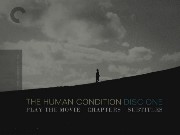
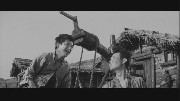
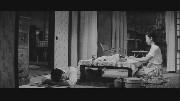
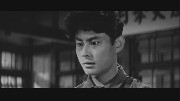
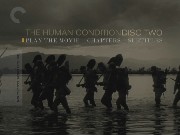
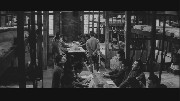
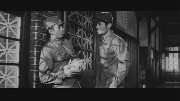
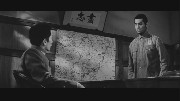
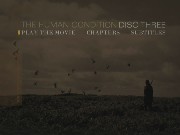
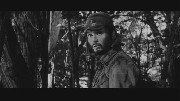
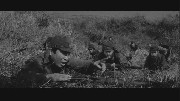
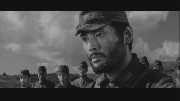
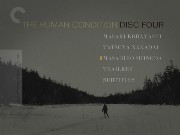

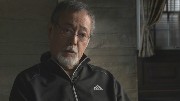
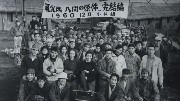
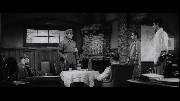
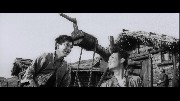
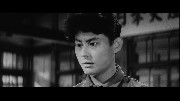
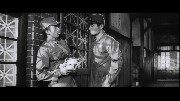
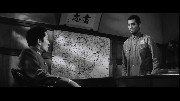
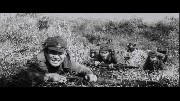
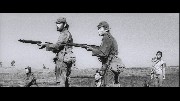
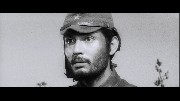
Looks great! Thank you! 🙂